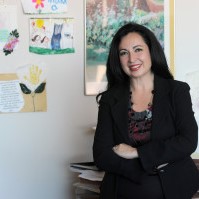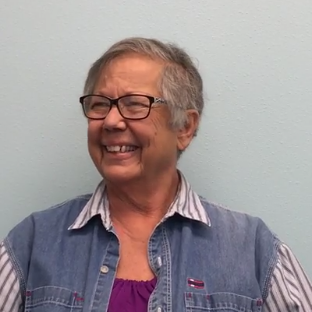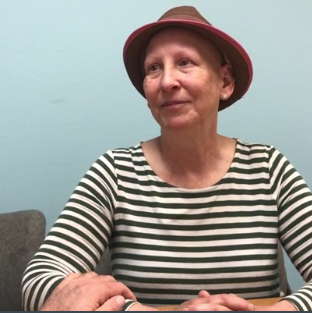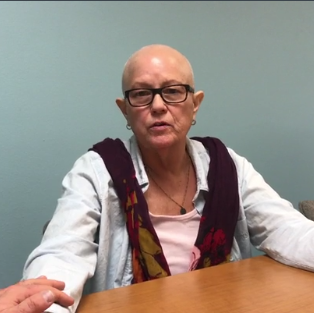Their names might be similar, but endometriosis and endometrial cancer are two different things. While both affect the uterus and the tissues surrounding it, one is benign, while the other can potentially be life-threatening. However, early diagnosis and treatment can dramatically improve outcomes – and overall quality of life.
Here’s what to know and what to look for.
Endometriosis vs. Endometrial Cancer
Affecting as many as one in ten women, endometriosis occurs when the endometrial tissue that lines the inside of the uterus spreads outside the uterus. Endometriosis can spread to the fallopian tubes, uterus exterior, and surrounding tissues, ovaries, and inside the pelvis. It can occur at any age but most commonly affects women between 25-35.
Endometrial tissue growth is benign but can result in pain and complications, including infertility. This is because the associated tissue growth causes inflammation and scarring that impedes the function of the ovaries and fallopian tubes.
Depending on the extent of the condition, endometriosis treatment includes hormone therapy, pain management, and in some cases, surgery to remove problem tissue.In contrast, endometrial cancer – or uterine cancer – is a type of cancer that forms in the cells lining the uterus. These cells become cancerous and grow into tumors that may spread throughout the body. Endometrial cancer is the fourth most common cancer for women in the US and usually occurs in postmenopausal women (with an average age of 60), being rare in women under 45. Although it is a life-threatening illness, symptoms often present early, and it is usually diagnosed in its early stages when it is most treatable.
Treatment includes surgery, radiation therapy, chemotherapy, and hormone-blocking therapy.
Endometriosis and Endometrial Cancer Symptoms
There is substantial overlap in the symptoms of endometriosis and endometrial cancer, which include:
- Painful menstruation
- Painful urination or bowel movements
- Lethargy
- Pain during sex
- Pain in the abdomen, lower back, or pelvis
- Spotting or bleeding between periods
- Infertility
- Gastrointestinal discomfort
If you experience any of these symptoms, don’t just shrug them off as benign. Talk to your doctor about any concerns – and rule out the risk of a late or missed diagnosis.
In addition to knowing the symptoms of endometriosis and endometrial cancer, it’s vital to be mindful of the risk factors for both conditions. These include age, family history, hormonal imbalances, polycystic ovarian syndrome, being overweight, and consuming high alcohol levels. Understanding genetic- or age-related risks, managing your health and wellness, and exploring hormone-based contraceptives or therapy can help lower the risk of either condition.
You can also improve your chances of early diagnosis and disease management by staying on top of your routine physician and GYN appointments. If you are experiencing symptoms, your doctor may perform a pelvic exam, an ultrasound, an MRI, a laparoscopy, or a biopsy to determine whether you are experiencing endometriosis, endometrial cancer, or another illness. Early diagnosis means early treatment – and improved outcomes.
At SWWO, we’re here to help you manage your endometrial cancer diagnosis every step of the way. If you’ve been diagnosed or want to discuss treatment options, get in touch.
TESTIMONIALS

“She made sure I understood everything. If I had questions after hours, I could always call her on her cell. I never felt like I was a burden. I know Dr. Finkelstein is here for me.”

“I was very impressed when I met Dr. Finkelstein. She was relatable. She has two young children and a career. I have two young children and a career.”

“They were very empathetic, very knowledgeable, very efficient and they are my friends today. I love them all. I come in here just to say hi to everybody and Dr. Finkelstein. I have complete and total trust in her and her abilities. Everything she has told me and done is just above board and I have complete faith in her.”

“I was so comforted and excited to have someone listen and hear what I had to say and actually supported me. I appreciated the balance immensely of true knowledge and willingness to be open to what I was finding in regard to alternative medicine.”

“I’m grateful that Karen came into my life. She has so much integrity and love for her patients and if you end up here you are in a good place.”
OUR MISSION
To help women triumph over their gynecologic and oncology needs in a warm and nurturing way.

